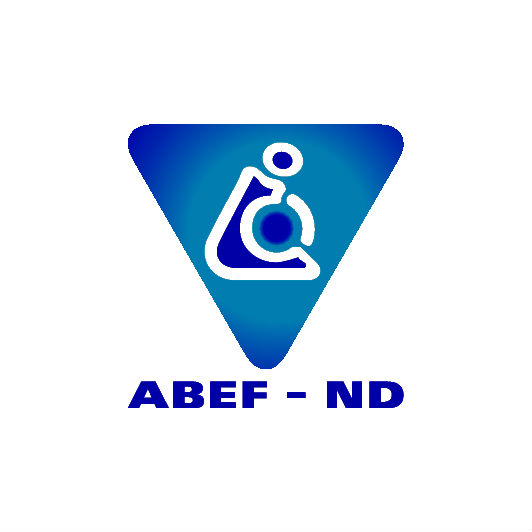

| 31 March 2016
Association pour le Bien-Etre Familial/Naissances Désirables
The Democratic Republic of Congo is vast: it is Africa’s second largest country and has nearly 68 million inhabitants. The sexual and reproductive health (SRH) challenges are correspondingly immense, with the country recording some of the poorest SRH statistics globally. The Association de Bien-Etre Familial – Naissances Désirables (ABEF-ND) was founded in 1977, and since then it has worked tirelessly to drive changes which will secure a better future for the country. ABEF-ND offers sexual and reproductive health (SRH) information, education and communication for young people. It offers HIV and AIDS prevention and management services, and community-based distribution of contraceptives. It also advocates strenuously around SRH issues with legislators and health professionals. As such, it’s central to shaping relevant national policies. It achieved this through static clinics, associated clinics and community-based distributors (CBDs) and community-based services (CBSs). ABEF-ND has a small number of staff who are backed by a large body of volunteers: together, they are determined to promote sexual and reproductive health and rights for all. ABEF-ND works in partnership with the Ministry of Health, and in the private sector with faith-based health facilities. Non-governmental organizations partners include Service Centrale d'Education à la Vie (SCEV), the Women’s Action Network (RAF), Radios for the Consolidation of Peace (RCP+), Amo Congo. Donors include Programme National de Lutte contre le Sida (PNLS), UNFPA, UNHCR and GTZ. It is a Member of the National Council of NGOs against AIDS.

| 31 March 2016
Family Planning Association of India
Established in 1949, Family Planning Association of India is a voluntary non-governmental organization, which pioneered the family planning movement in India. FPA India works on a wide range of SRHR issues encompassing family planning, maternal health, child survival, HIV/AIDS, safe abortion, reproductive tract cancer screening and prevention, gender empowerment and young people, and mitigation of gender-based violence (GBV). Key strategies include ensuring access to high quality SRH services and strengthening health systems; strengthening access to information and services for young people; comprehensive sexuality education; capacity building of health care providers and community volunteers on SRHR issues; engaging with communities and individuals to change gender disparity and promote SRHR; promoting livelihood opportunities for economic empowerment of the poor and vulnerable and advocacy for policy change at the national and state level. FPA India reaches a population of more than 30 million annually, on an average. Presently, FPA India operates through 45 Branches and Projects across 18 States, supported by more than 3000 community based volunteers and more than 1000 staff. Services are provided through 39 Reproductive Health and Family Planning Centres (RHFPCs), 19 Urban Family Welfare Centres (UFWC) that are government funded, 19 satellite clinics, 229 associated clinics, 56 outreach service units with support from 510 CBDs, 119 private physicians and 33 other agencies. During the year 2020, SRH services were provided to 4.2 million clients, of which nearly 40% were young people below the age of 24 years. Vision: All people empowered to enjoy their sexual and reproductive health choices and rights in an India free from stigma and discrimination Mission: A voluntary commitment to SRHR to ADVOCATE for and ENABLE gender equality and empowerment for all including poor and vulnerable people, ENSURE information, education and services, POWERED by knowledge, innovation and technology towards sustainable development.







